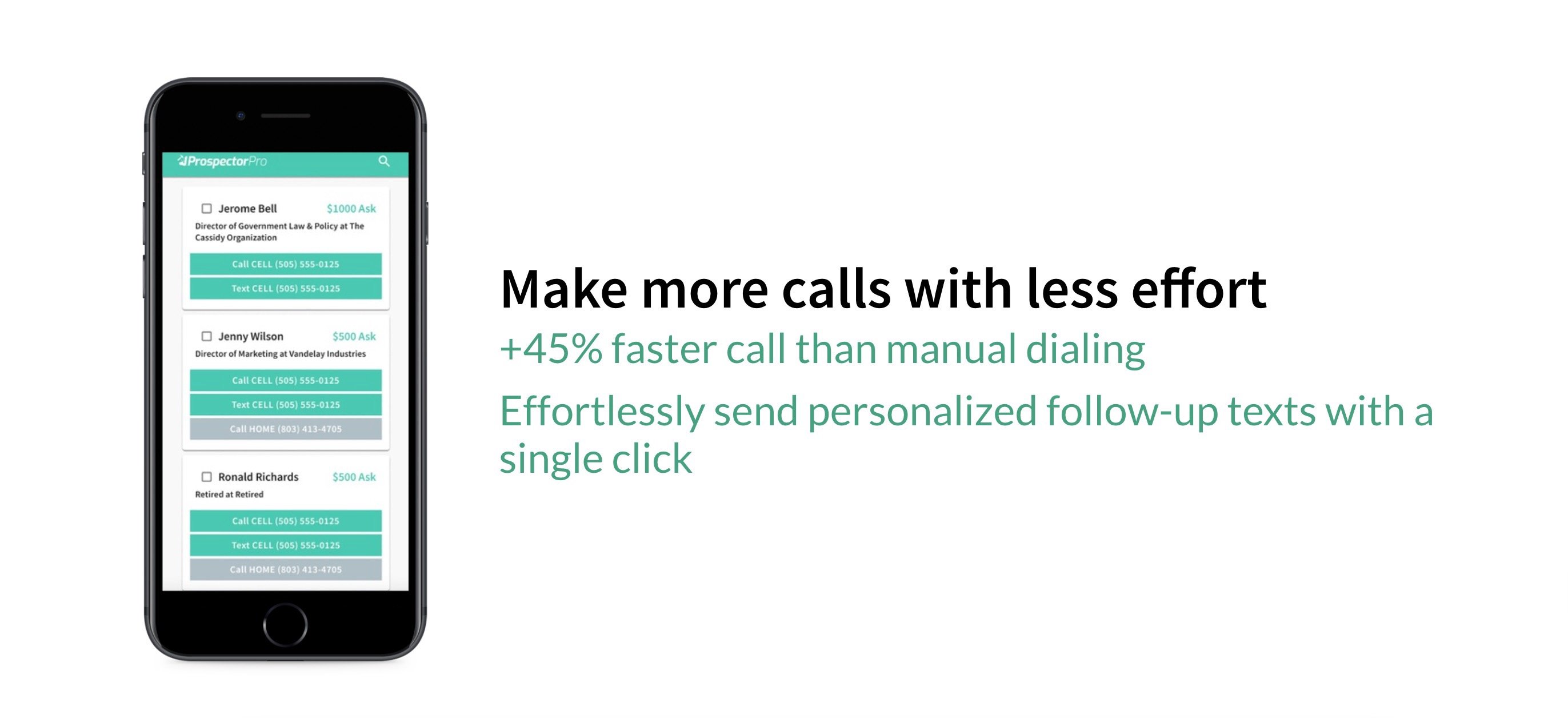In the world of politics, winning an election isn't just about having the right ideas or being well-liked.
When it comes to winning over major donors, candidates for office must able to clearly and convincingly articulate their pathway to victory. This strategic blueprint outlines how you will win and why you are the best candidate for the job.
Here's why mastering your pathway to victory is essential, and how to do it effectively:
Highlight Your Strengths: This is the easy one. Every candidate has unique strengths that set them apart. Whether it's a proven track record of leadership, a deep understanding of key issues, or strong community connections, clearly articulating these strengths is essential for building confidence in your candidacy.
Exploit Opponent Weaknesses: Identifying and exploiting your opponent's weaknesses is a critical part of any campaign strategy. Whether it's highlighting inconsistencies in their voting record, controversial statements they've made, or ethical lapses, showcasing your opponent's vulnerabilities demonstrates why you are the better choice for voters. In short, what makes your opponent beatable.
Major donors are looking for opportunities to make and impact with their money. If you can show why your opponent is in a weakened position, that makes investing in your race more attractive.
Understand the Electorate: Success in any campaign requires a thorough understanding of the voter landscape. This means knowing where your support is strongest, how to mobilize your base, and where you need to make up ground. Being specific and data-driven in your analysis builds credibility and makes your pitch more compelling.
Leverage Your Hidden Advantage: What is your Ace in the hole? What is that secret weapon that can give you an edge in the race. Whether it's a strong grassroots network, endorsements from influential figures, or a unique campaign strategy, leveraging your hidden advantage can be the key to crossing the finish line first.
Bonus points if your "Ace" is unique and interesting. It's not enough to say "I will work harder to win."
Reminder: When prospecting from major donors, you are not simply asking them for a donation. You are actually asking them to allocate a certain percentage of their total political giving budget to you. You are in competition with thousands of other campaigns, PACs, and non-profits for that donor prospect's money. Do everything in your power to be unique, novel, interesting, confident, and believable.
Crafting Your Pitch: When articulating your pathway to victory, confidence is key. Keep your talking points concise and direct, focusing on short declarative sentences that leave no room for doubt. While you don't need to reveal every detail all at once, having these key points ready to go demonstrates to donors and supporters that you have a clear plan for success.
Example Pitch:
"My experience as a small-business owner and community leader uniquely positions me to tackle the economic challenges facing our district head-on. While my opponent may have name recognition, their inconsistent record on key issues like healthcare and education leaves them vulnerable. By mobilizing our strong base of young voters and reaching out to underserved communities, we will close the gap and secure victory. With key endorsements from local leaders and a dynamic digital outreach strategy, we have the momentum needed to win on Election Day."
In the competitive world of electoral politics, the ability to articulate a clear pathway to victory is essential for any candidate. By highlighting your strengths, exploiting your opponent's weaknesses, understanding the electorate, and leveraging your hidden advantages, you can build confidence in your campaign and inspire support from donors and voters alike. So, remember to portray confidence in your strategy, because when you believe in your plan, others will too.

